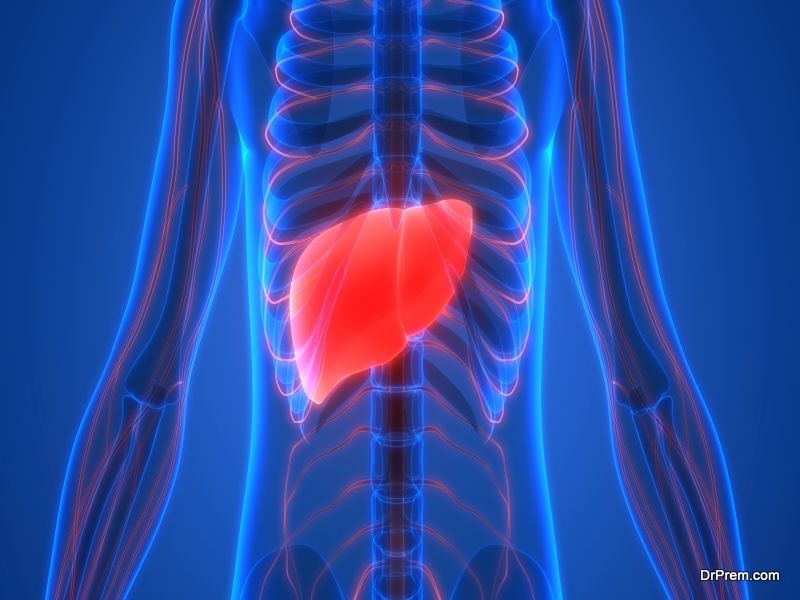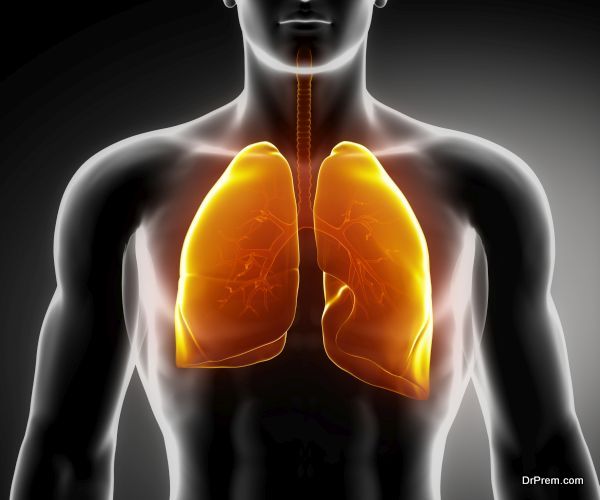Addiction is a very real problem that affects more people than you may realize. In fact, 1 in 10 Americans has a drug abuse problem. But addiction is not only related to drug abuse. Individuals can also be addicted to alcohol and prescription medications. Whatever the drug of choice is, addiction is harmful on a number of levels, affecting a person’s physical body, mental health, and behavior. Unfortunately, even after someone recovers from being an addict, the damage they’ve done can have lasting effects. Here you’ll discover exactly how addiction impacts a person’s mind and body.
Physical

Depending on the type of addiction you’re dealing with, the physical effects will be different. But here are some of the most common areas of the body that are negatively impacted by drug and alcohol abuse.
Kidneys
Your kidneys act as a filter for your body. It’s the kidneys job to filter your blood and ultimately, create urine. Your urine is made up of excess fluids and waste found in your body. Your kidneys work in conjunction with your bladder to rid your body of these wasteful materials. The problem is, that most drugs and alcohol are also filtered through the kidneys, causing complications over time. These include:
- Diabetes
- Infections
- Advanced aging
- Overexposure to toxins
- Kidney stones
- Hypertension
All of these can eventually lead to kidney failure. The main substances that impact the kidneys are heroin, cocaine, alcohol, tobacco, and painkillers.
Liver

Liver disease is most commonly associated with alcoholism but can also be caused by overuse of steroids, inhalants, and opioids. The liver, like the kidneys, is responsible for ridding the body of toxins. As your body continually works to expel toxic substances, like those found in alcohol and drugs, the liver becomes inflamed and may lead to scarring, cancer, or tissue necrosis. The liver also has other functions in the body and plays a vital role in controlling metabolism. When substance abuse results in direct damage to the liver it’s known as drug-induced liver injury, or DILI. It’s important to note that DILI can be caused by harmless substances as well including birth control pills, acetaminophen, and naproxen.
Heart
Heart health is imperative to the overall functionality of your body. There are countless cardiovascular issues that can cause medical complications and substance abuse can directly impact your heart in a variety of ways. The most basic ways that drug abuse impact the heart’s function is by increasing the heart rate and blood pressure. Overuse of substances can also cause erratic cardiac rhythms and heart attack. Intravenous drug users are at greater risk for suffering from bacterial infections or collapsing veins due to repeated injections.
Lungs

Your lungs are another vital organ that is negatively affected by repeated drug abuse. Your lungs are responsible for all of your respiratory functions and proper breathing. It’s no secret that smoking substances of any kind can damage lung function. That’s because when you inhale cigarette or marijuana smoke, the smoke is filtered directly through your lungs. But smoking isn’t the only thing that damages lung function. Use of opioids and heroin actually cause your breathing to slow down; sometimes to the point of stopping completely. This is one of many ways a person can overdose on drugs.
Behavioral
You physical body isn’t the only thing that is compromised with drug and alcohol abuse. Your mental state is altered, resulting in some major behavioral changes. Drug abuse is a vicious cycle and one that many people struggle to escape. When addiction sets in, the body becomes dependent on the drug of choice. What once allowed the user to achieve a high is no longer enough, requiring them to increase their intake of the substance. This increases the physical damage on the body and also puts the user at greater risk for injury and death.
Drugs and alcohol cost money and some users don’t have enough funds to support their habit. This can cause addicts to engage in dangerous behaviors they may never have considered before. These include stealing, lying, and ignoring family and friends. Addicts often find it impossible to complete everyday tasks or function without their drug of choice.
Many addicts struggle with the desire to quit but the inability to do so. There are countless rehab facilities available for those looking for help. But the truth remains that unless an addict wants to quit, they won’t. Some addicts are afraid of what rehab will be like or don’t know what to expect. They also might fear the person they are without their drug.
Psychological

Many drugs have mood-altering effects. In fact, by definition, a drug is a substance that has psychological effects when ingested. So, it’s no surprise that addicts suffer from a long list of psychological issues. Here are the most common.
Depression
Many addicts become withdrawn and engage in dangerous and deceitful behavior when their addiction takes over. This creates feelings of isolation, as they pull away from family and friends. This behavior is a slippery slope into depression. Some drugs can also intensify preexisting feelings of depression in users. In other situations, individuals begin using drugs due to their depression, as a way to escape the pain and sadness. This creates a vicious cycle of dependency.
Anxiety

Similar to both depression and paranoia, there’s no guarantee as to whether or not the use of drugs creates anxiety in people or if anxiety drives people to use drugs. The cause is different for everyone. Some drugs cause increased feelings of anxiety as the user begins to wean off of them. Others turn to drugs or alcohol to help ease anxiety, though ingesting these substances can sometimes have adverse effects and actually heighten a person’s level of anxiety.
Paranoia
While some drugs cause the body to function at a slower rate, others actually speed things up, causing a hyper or paranoid feeling. Other drugs like cocaine and marijuana can heighten feelings of paranoia and worry. Many addicts also feel paranoid about hiding their addiction from family and friends. The constant state of sneaking around, paired with a guilty conscience can create extreme paranoia for addicts. Some users are also paranoid about being caught buying or using drugs, leading to a potential arrest.
Long-Term Effects

The problem with any type of substance abuse is that it can create long lasting effects. Once the damage is done to your organs, these physical conditions are sometimes impossible to rectify. Treatment can make them better but your body may never fully recover. The relationships that are damaged by your behavioral changes due to addiction may also never be repaired. And psychological conditions may last a lifetime. Addiction is a very difficult and scary thing that affects millions of people. Before you go down the road of substance abuse, remember what it will do to your mind and body – not just now, but forever.
Article Submitted By Community Writer




